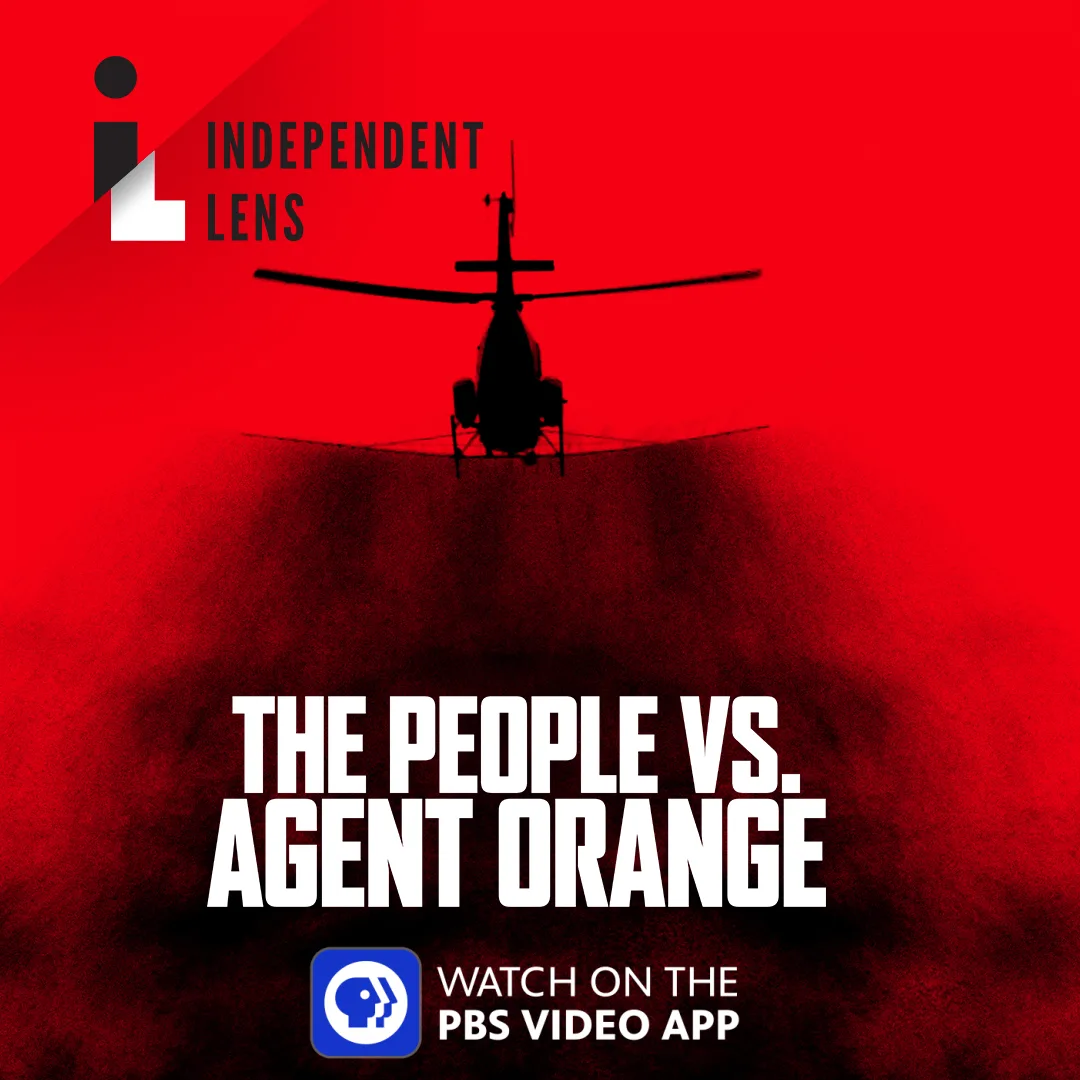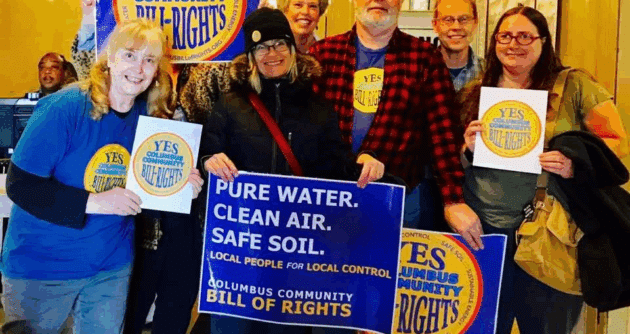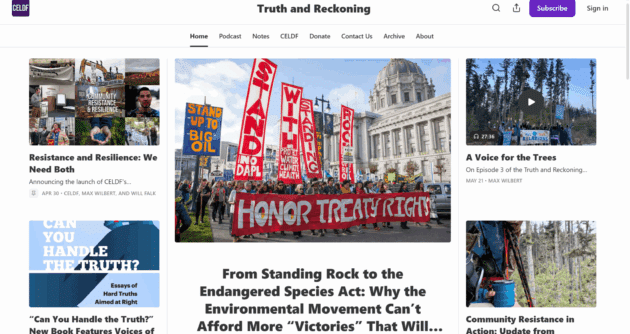FOR IMMEDIATE RELEASE
Madame Tran To Nga’s media team:
Teri Kane, 917 692.1076, terikane@gmail.com
Betsy Sherman, 480 406.9556, betsyshermanaz@gmail.com
Carol Van Strum
Carol Van Strum, cvstrum@gmail.com
Kai Huschke, kai@celdf.org
Denied a Day in Court: Two Women Challenging Agent Orange Manufacturers Have Been Shut out by Courts
Efforts by both female protagonists in ‘The People vs. Agent Orange’ film have been suppressed since the award winning documentary was released.
Carol Van Strum and Madame Tran To Nga, lead protagonists in the new award-winning documentary film “The People vs. Agent Orange,” are both fearlessly challenging the herbicide industry and Agent Orange manufacturers.
Since the documentary was released, legal efforts by both have been flouted by Oregon and French courts.
“Our fight has been dismissed by the courts in both countries but Carol and I, across oceans and miles, are moving forward hand in hand to bring justice to all the victims of chemical crimes. More and more friends from all over the world will stand with us for this just cause and their conviction will make us stronger,” says Madame Tran To Nga.
In France, Madame Tran has been engaged in a lengthy lawsuit to hold 14 powerful chemical producers of Agent Orange accountable for her illness, that of her children, grandchildren, millions of other victims, and harms inflicted to the environment. Among the companies she is suing are Monsanto/Bayer and Dow, two top donors of CropLife, which opposed an Oregon county law championed by Carol.
“The supreme irony is that our courts allow a corporation — a non-living entity existing only on paper — standing in court to protect its right to poison, despoil, and destroy an entire living, breathing ecosystem, but they deny the ecosystem any right to be heard in court to defend itself,” says Carol Van Strum.
Carol, of Oregon, worked with her neighbors to successfully petition for a 2017 Lincoln County, Oregon ballot initiative. The county ordinance was a response to the historic and ongoing spread of Agent Orange and sister chemicals in the county. It banned aerial pesticide spraying by the timber industry, prompting the most powerful chemical lobby in America, CropLife, to spend millions campaigning against the law. Despite the well-funded opposition, the law was passed by voters and stood for over two years. The chemical industry then sued to overturn the ordinance. Carol was selected by residents to defend the historic law, using its recognition of enforceable rights of ecosystems. Carol intervened in the court case, as the human spokesperson of the Siletz River watershed.
The Court
In June, a French high court ruled Madame Tran’s case “inadmissible.” The court said it could not rule on the issue — because the Vietnam War, which produced the harm, was the United States’ decision — and had nothing to do with the French. Madame Tran’s legal team is appealing the dismissal.
In Carol’s case, a lower court denied Carol’s right to intervene on behalf of the Siletz River watershed, however in a rare recognition of the validity of ecosystem rights, the trial court invited the Siletz River to appeal the decision and commented that the issue of ecosystem rights “will be gaining more interest as opposed to less in the future.” Challenging the conventional property interest paradigm of legal “standing,” Carol sought to implement a provision in the adopted law that allowed human spokespersons to represent the interests of local ecosystems in court.
The Oregon appeal court denied the claim in June. Carol, like Madame Tran, was denied a day in court. Ultimately, a law crafted by the corporate powerhouse American Legislative Exchange Council was cited to strike the law. Carol and her fellow organizers with Lincoln County Community Rights have decided to petition the Oregon Supreme Court.
Blind Courts
Both of these stories expose how people with real grievances are shut out of the court process, and how rarely, if ever, they get an honest opportunity to express the substance of their arguments. Who and what the courts protect is being exposed, presenting profound questions about how these legal blind spots might be addressed.
Both women went to court against corporate interests, one to defend a law, the other to file a lawsuit. In both cases, the courts not only ruled in favor of the corporations, they denied Carol and Madame Tran a day in court.
Both are available for media interviews.
###
About CELDF — Community Environmental Legal Defense Fund
The Community Environmental Legal Defense Fund (CELDF) is helping build a decolonial movement for Community Rights and the Rights of Nature to advance democratic, economic, social, and environmental rights – building upward from the grassroots to the state, federal, and international levels.


